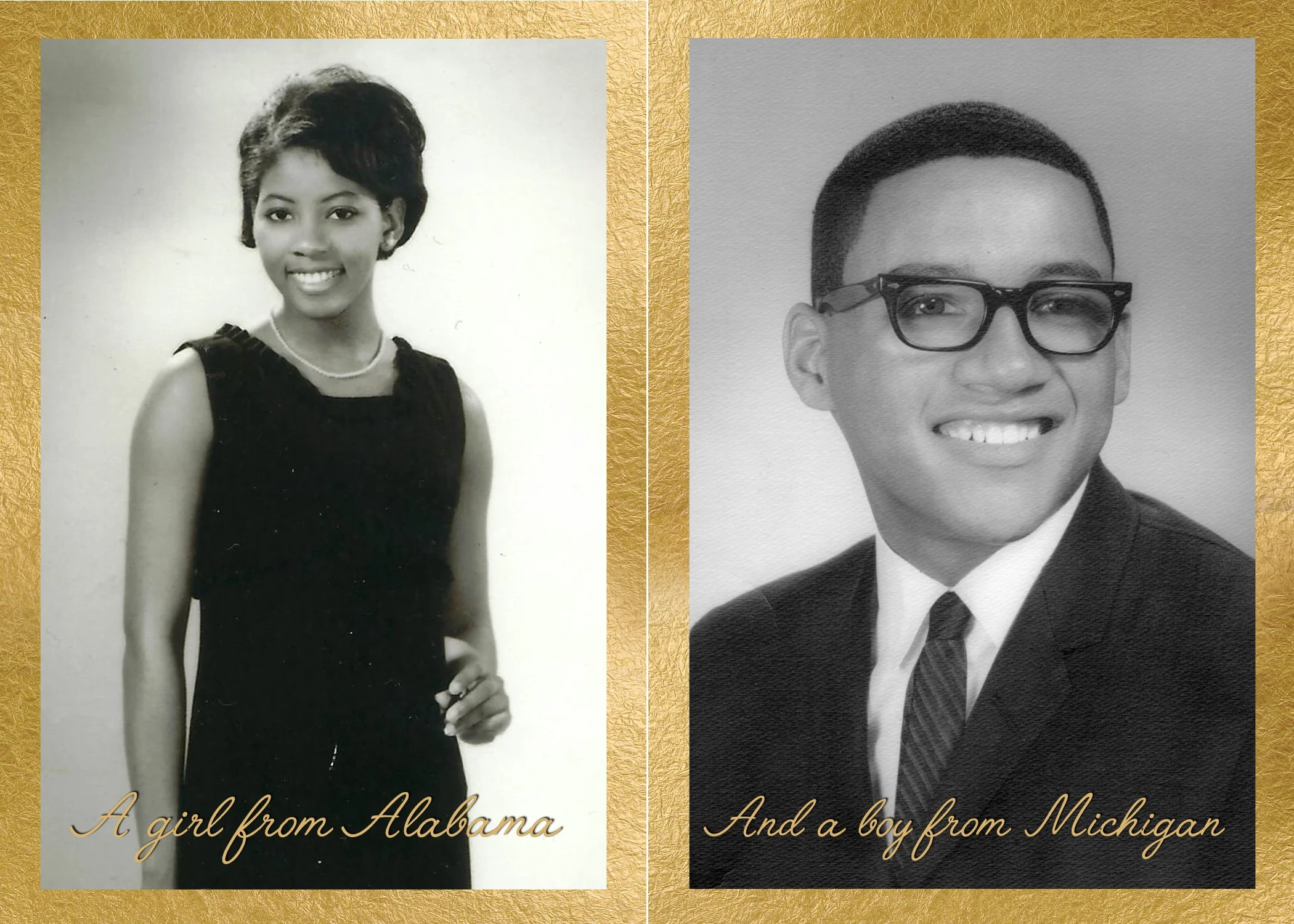Sonjia Parker-Redmond
Sonjia grew up on a small rural family farm in Notasulga purchased by her paternal grandfather in 1917. The three-room house with a well for drawing water and an outside toilet often provided shelter for a dozen or more people. The farm provided fruits and vegetables for the family, as well as collateral when her proud grandfather often needed to borrow money to plant his cotton crops.
Notasulga was known as a KKK town. It was a place where Black people were expected to step off the sidewalk onto the street when White people approached. Black people living in Notasulga had none of the protections afforded Black residents of the Tuskegee parallel universe. Threats of beatings and lynching of Black men were commonplace. The Black church offered refuge.
Sonjia’s grandfather stayed in the South because, like many Black men in the area, he loved the land he owned. Even if he only eked out a meager existence, his family never went hungry, and his children always had a place to come home to.
After Shiloh Rosenwald School, Sonjia rode a school bus to attend segregated Black schools in Tuskegee. She was amazed to be exposed to her new classmates’ middle-class lifestyles that their college-educated parents were able to provide. She quickly knew that college was the way out of poverty for her.
After earning a bachelor’s degree in sociology from Tuskegee Institute, she went on to earn a master’s degree in social work from the University of Michigan and a doctorate in public health from the University of Texas. Sonjia retired as professor emeritus from the California State University System.
Meet Sonjia’s ancestors below.

Sonjia and Greg met at the University of Michigan on Dean Phillip's Exchange Program, 1965

Sonjia and Greg's 50th Anniversary, Sons, Shaka and Sayoko, and Gregory_ Grands Miya, Khensu, Abi, Sasha and Jeremy

Sonjia's Grandfather, Jodie Parker, Jr. standing by his prized possession, a car

Sonjia's grandparents, Jodie and Johnnie Mae Strong Parker at Their Rural Family Farm in Notasulga

Sonjia's Grandson, Jeremy White, Gregory, Jr.'s son - Emory University Music Graduate

Sonjia's Maternal Grandmother, Johnnie Mae Strong Parker, Sitting on Front Porch of Rural Notasulga Home

Sonjia's Maternal Great Grandparents George and Willie Lou Freeman Strong Who Were Small Farmers in Macon County

Sonjia's Mother Robenia (middle) and Her Girls_ Carolyn, Willie Jo, Lois, Sonjia_

Sonjia's Shiloh Rosenwald First Grade Photo

Sonjia's Three Room Home House in Notasulga_s Shiloh Community Where She Was Born and Lived Until College


